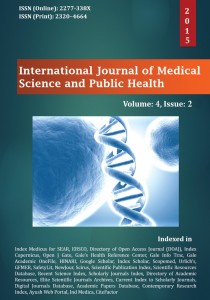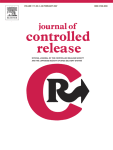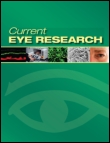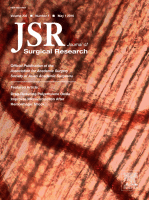 A team of researchers has earned its third retraction after an investigation at Oita University in Japan found instances of misconduct in their research.
A team of researchers has earned its third retraction after an investigation at Oita University in Japan found instances of misconduct in their research.
The most recent notice mentions the investigation, and specifies that the first author, Satoshi Hagiwara, was responsible for the problematic figures in the paper. Hagiwara is also the first author on two retracted papers we reported on last year; one of the earlier retractions also mentions the investigation, but does not assign responsibility to any particular author. All three papers share three authors.
The retraction notice for “Continuous Hemodiafiltration Therapy Ameliorates LPS-Induced Systemic Inflammation in a Rat Model,” published in the Journal of Surgical Research, explains the issues with the paper:
Continue reading Team in Japan earns third retraction for misconduct
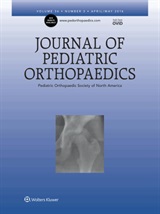 The corresponding author asked the Journal of Pediatric Orthopaedics to retract an article that found popular pain medicines can curb growth in rats, in light of an unresolved authorship dispute.
The corresponding author asked the Journal of Pediatric Orthopaedics to retract an article that found popular pain medicines can curb growth in rats, in light of an unresolved authorship dispute.
